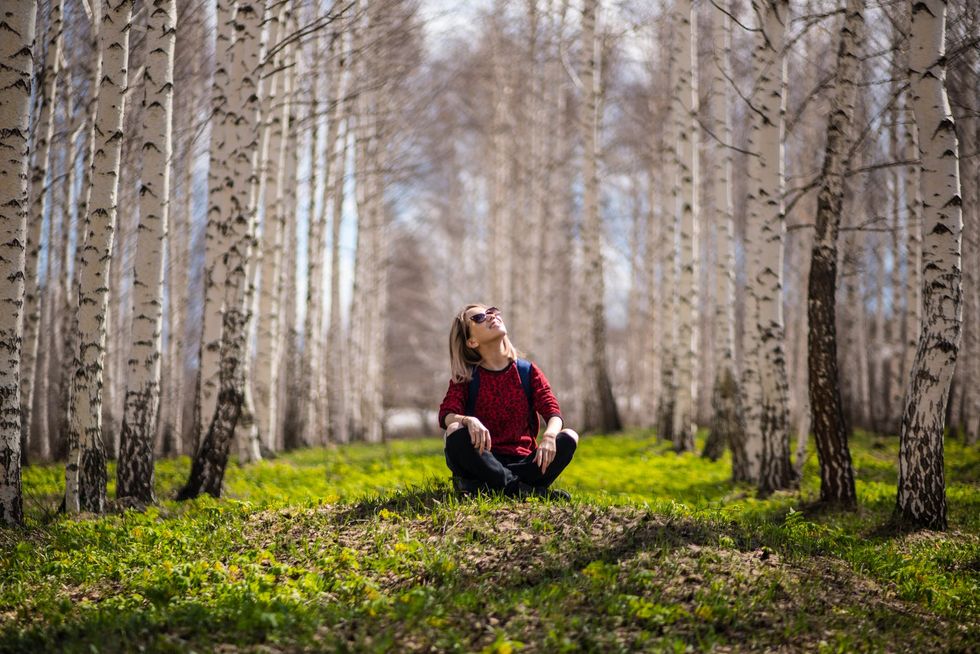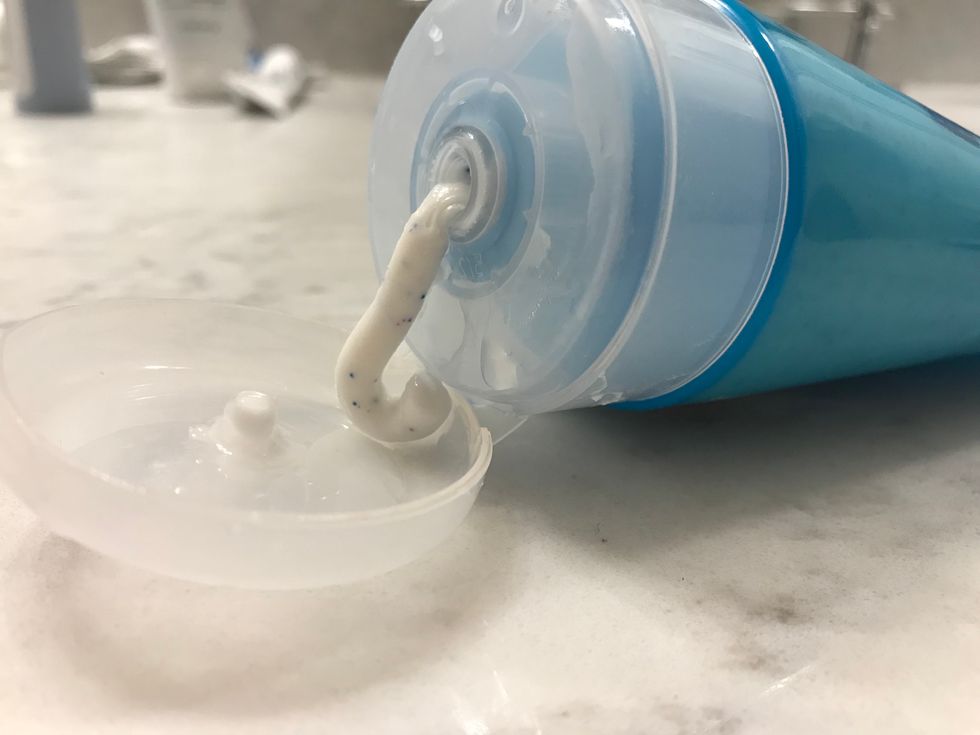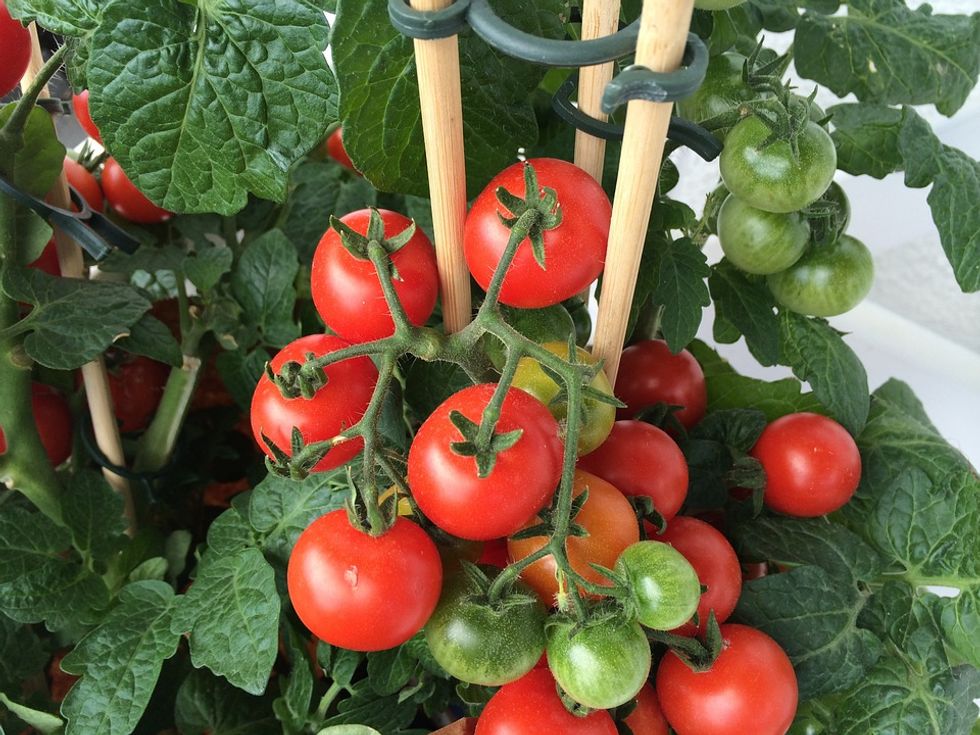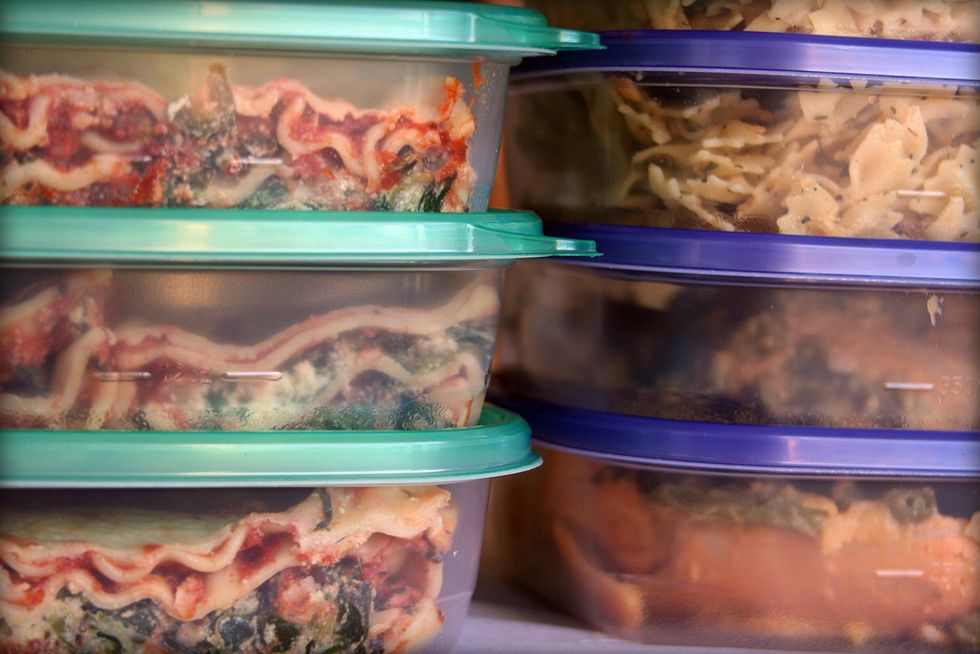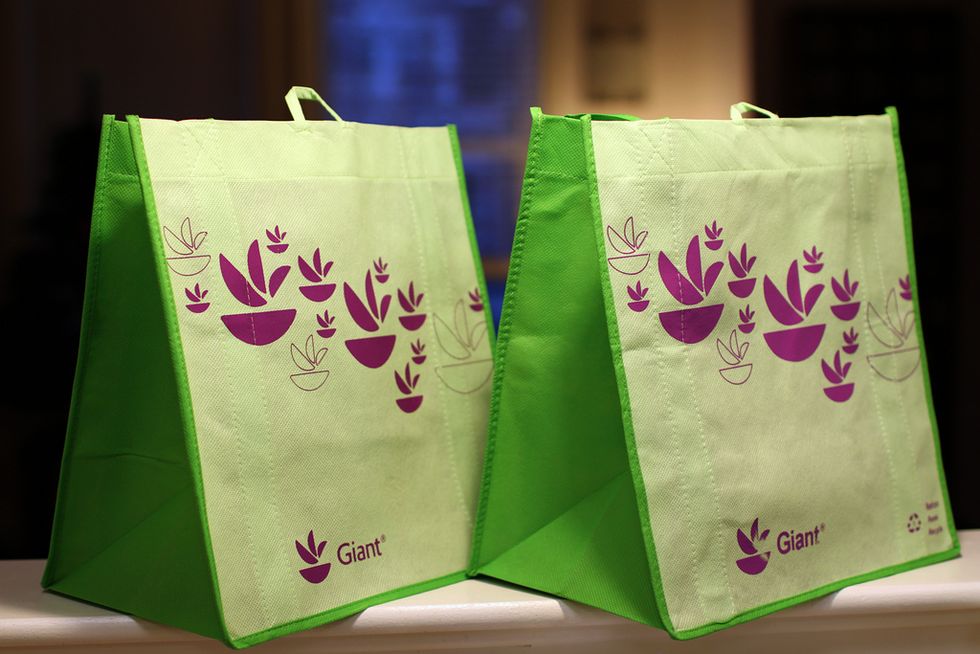Trying to be a little bit more eco-friendly but not ready to transform into an extreme environmentalist? Here are some simple, painless ways to help protect our planet without changing up your entire routine.
1. Unplug devices not in use.
Even when your devices are not turned on, they can still use up watts if they are plugged into an outlet. Though constantly resetting your alarm clock and oven may not be ideal, unplugging devices like your flattening iron, hairdryer, phone charger and other machines that are not always being used will save energy.
2. Thrift Shop
Surprisingly enough, those cool mom jeans you bought at Goodwill were an environmentally friendly purchase! Re-wearing clothing keeps them out of landfills where they resist biodegradation and take up tons of terrestrial space.
3. Avoid products with microbeads.
Microbeads are the small plastics beads commonly found in face washes and toothpaste. Although they may look harmless, they end up being flushed into the Earth's bodies of water where fish and other aquatic creatures consume them. These animals will then end up being eaten by humans.
4. Buy reusable cups/bottles.
Last year, Americans used about 50 billion plastic water bottles, and less than 25 percent of them got recycled. There's no point in risking any more bottles polluting the oceans when you can constantly refill a reusable one.
5. Remember to clean recyclables before recycling them.
Depending on your local recycling facility, some plastics with residue from its original content are deemed not recyclable. Even if only one non-recyclable object is thrown into the pile of perfectly good recycled material, the entire pile must be thrown away. It never hurts to wash out any potential recyclable!
6. Grow your own food.
Not only does growing your own food save money, it helps the environment because there are no harmful chemicals put into the air like what commercial farming does. Also, food tastes much better when you grow it yourself.
Bonus: You can use some of the leftover organic foods you eat to compost to improve the soil!
7. Turn off the faucet while brushing teeth.
You've probably heard this plenty of times, but remembering to shut off the faucet when not in use is extremely vital because it saves clean water for necessary reasons and ends up saving money.
8. Use reusable cloth napkins!
At an average United States dinner, consumers use about 3 paper napkins per meal, compared to one cloth napkin. Cloth napkins save tons of paper and money because they can be washed and reused.
9. Eat less meat.
Disclaimer: I'm not telling you to go 100 percent vegetarian. But the production of one pound of beef takes 1,799 gallons of water, proving that the meat industry is one of the largest and quickest users of freshwater on Earth. If meat has always been a staple of your diet, try doing "Meatless Mondays" or one or more days of the week without consuming meat. It saves money in your wallet, too.
10. Buy reusable food containers.
Using plastic zipper bags everyday and throwing them away after use is a large contributor to the plastics accumulating in the ocean, so investing in washable plastic or glass containers saves water pollution and eventually, money.
11. Carpool
Not only can carpooling be fun, it helps reduce air pollution and carbon dioxide emissions. So if you and your friend/s are heading to the same location, choose one car to in and jam to some good music!
12. Buy reusable grocery bags.
Those common plastic bags you receive from supermarkets are among top five most common plastic debris in the ocean. Most reusable bags cost one dollar or less, so when the bagger begins to check out your items, be sure to either buy new reusable bags or bring your own to steer clear from plastic bags!
13. Wash a full load of dishes.
If you have a dishwasher, always make sure that your dishwasher is filled up completely to maximize washing time. Only partially washing the dishes and having to do another batch wastes both clean water and money in the long run.
14. Spread the word!
Inspiring others to preserve and protect our only Earth is one of the most important steps in making the world more environmentally aware. Educate yourself and others, and save the planet.

